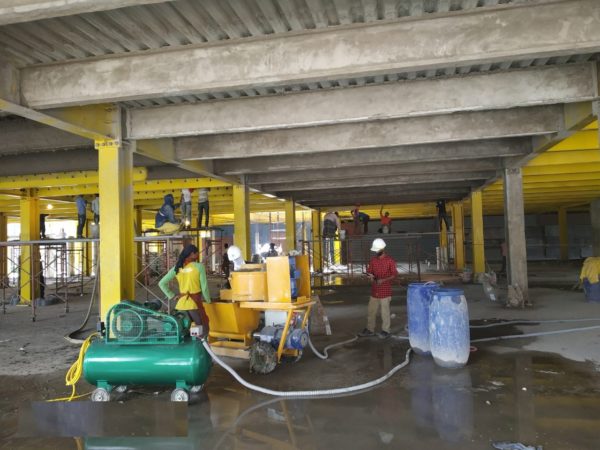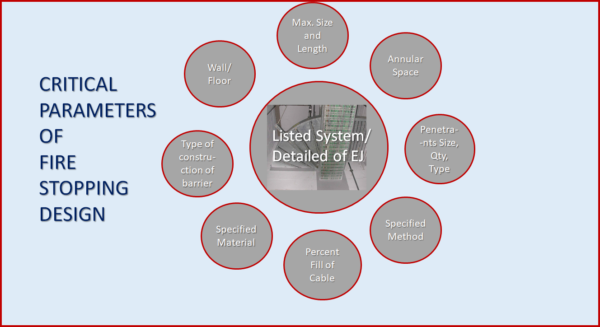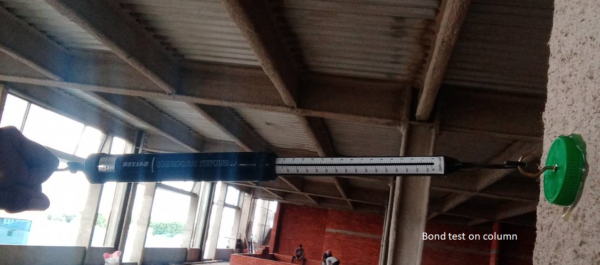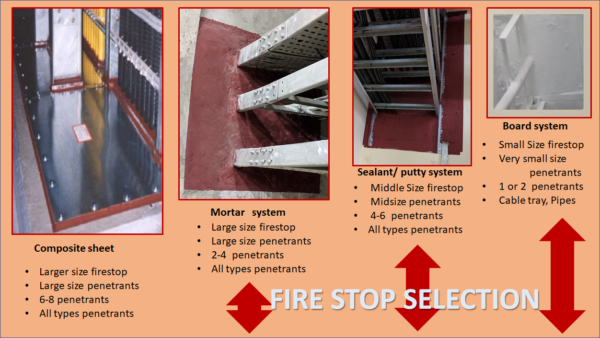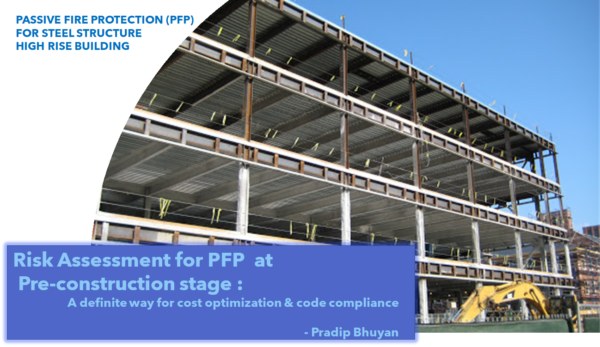The technical name for Spray Applied Fireproofing is Sprayed Fire-Resistive Material (SFRM). It is used for passive fire protection which is used to delay (or even prevent) the failure of steel and concrete structures that are exposed to the high temperatures, during a fire.. Fireproofing features, Regulations and Challenges The...
Fire proofing combustible (timber/ wood)
Fire protection for woodWood is a combustible substate. Different types wood have different combustibility, based on fuel content. Wood is at the same time a fire-safe material. In a fire, untreated wood chars evenly at a rate of about 1 mm per minute, so its performance in a fire can...
Key areas of focus for SFRM applications
Spray-applied Fire Resistive Material (SFRM) are proprietary mix of natural thermal insulative mineral (Vermiculite or Perlite ) with a cementitious bonding medium ( Gypsum or Portland cement. Application of SFRM can be a tricky undertaking. Many owners, construction managers and even contractors don’t realize what they’ve gotten themselves into until...
Ten common mistakes in Firestoping : India Context
Traditional Firestop in India Installations of firestop in India were started by power plants, more than 25 years ago. The objective was to stop electrical fire spread. Passive fire protection was introduced in National Building Code 2005. Traditionally, firestop in India have been installation of mineral slab of 100 mm...
Third party inspection in PFP projects: Objectives
Passive fire protection (PFP), broadly consists of two major areas and many more subareas. Fireproofing of supporting structures (Beams, Columns, Floor, roof, wall assembly) are to be protected for integrity of building incase of fire . Second area of PFP is Compartmentation, aimed to create safe egress through localising the...
Choosing right Firestop Design: Key to complinace and fire protection
Propagation of fire causes multiple death and immense damage. Containment of fire, near to source is the best way of protection, thereby allowing time for evacuation and fire suppression activity. Hence Compartmentation is carried by dividing a large premises in to number of smaller rooms. The wall and slab of...
Risk assesment of PFP at pre-construction stage
The pre-construction phase is central to the success of the entire project. Yes, the entire project’s success is built upon the understanding of the this design stage and align the project accordingly. An outlook is given for carrying out risk assessment on “Passive fire protection” measures at this stage to...

